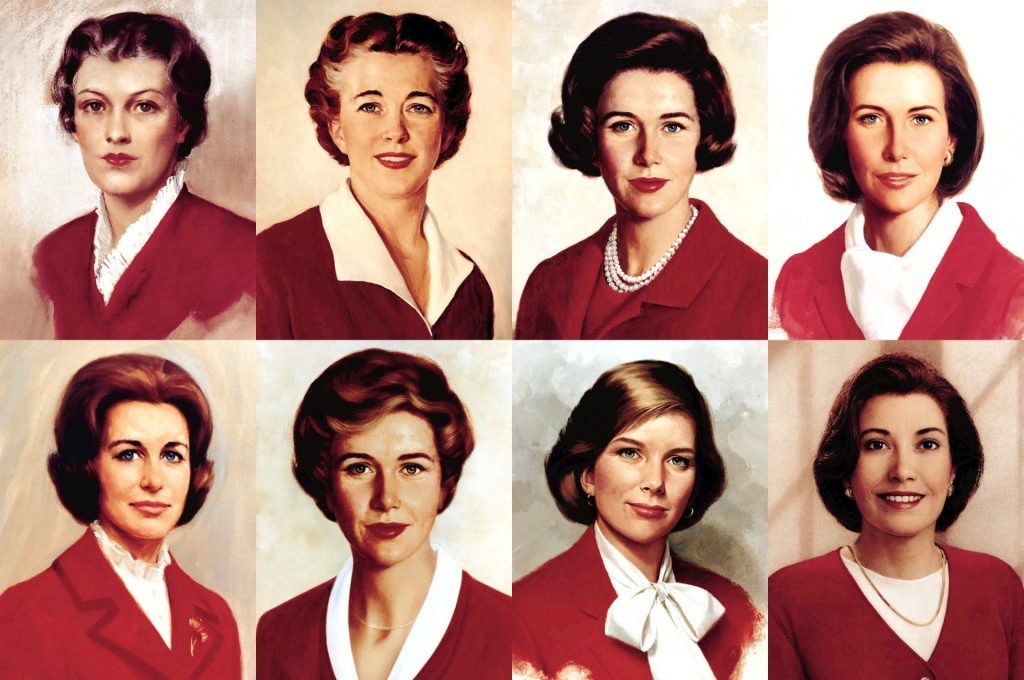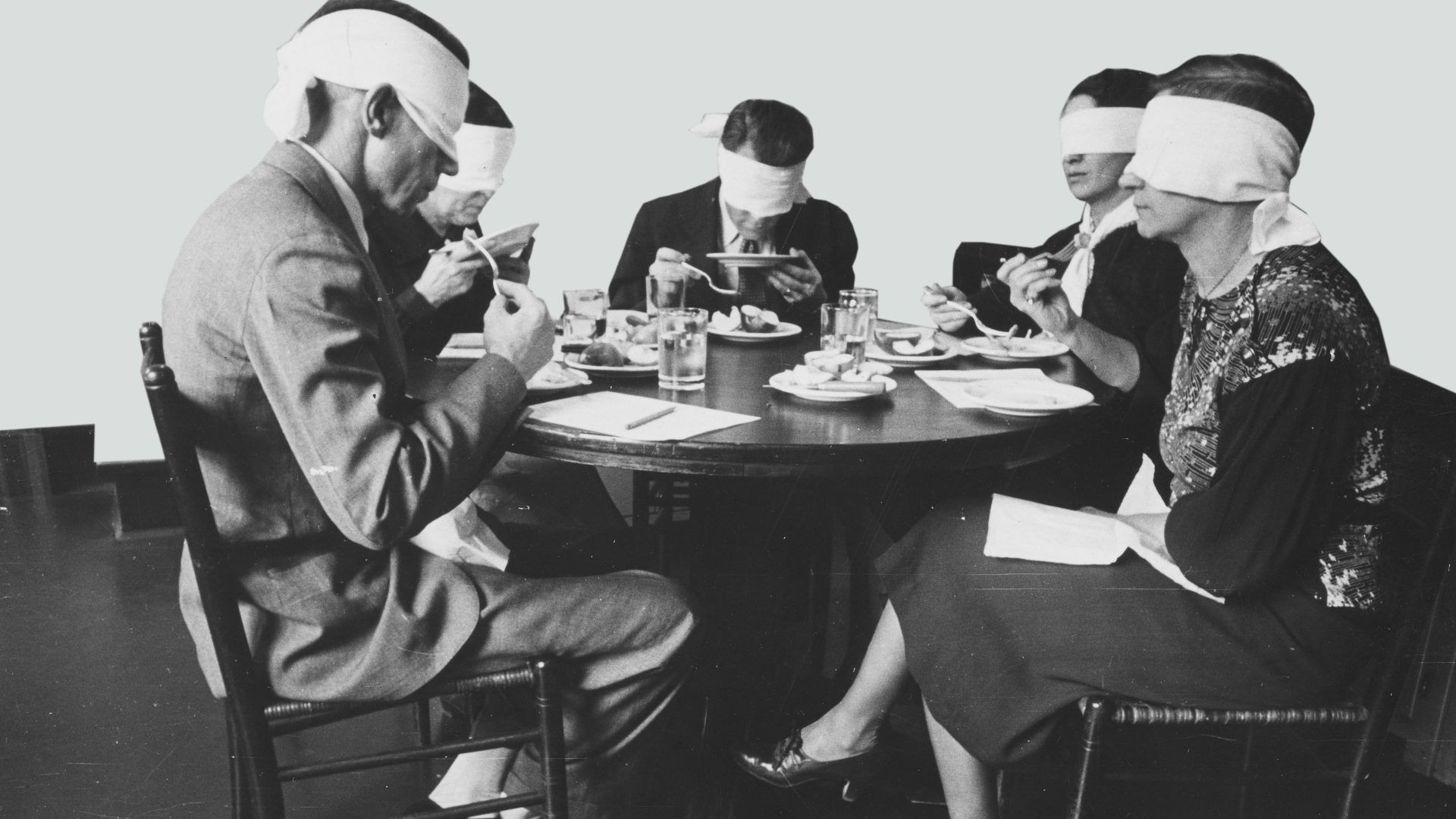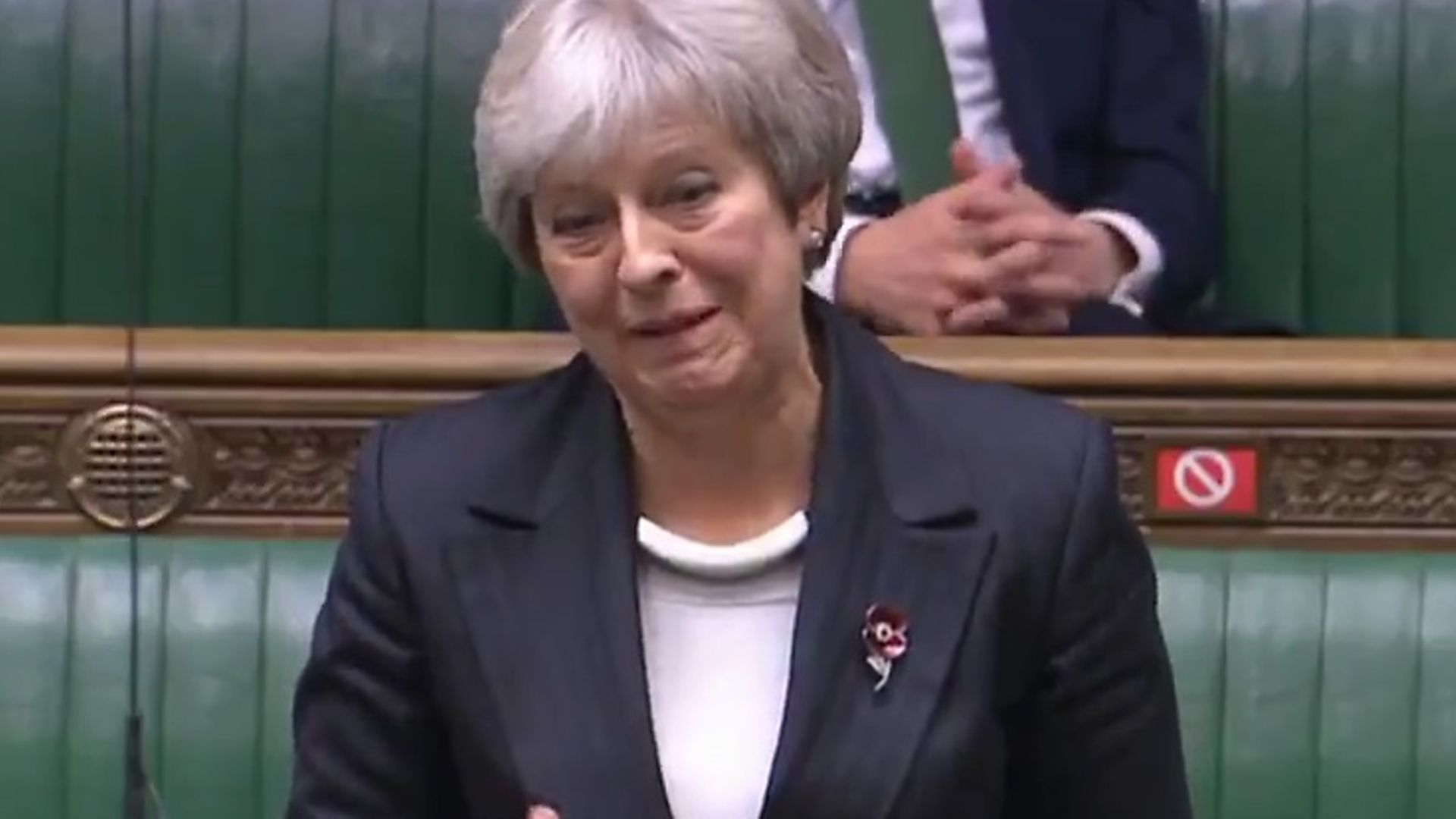Of all the sums of money handed out by Rishi Sunak over recent months, the £500,000 he has just spent on focus groups and online polling might have seemed the most insignificant and the least controversial. It hasn’t turned out that way; and money the Treasury insists will be used to measure public awareness of measures to ease the cost of living crisis is being presented by Labour as a costly exercise to shore up Sunak’s sinking popularity via advance testing to see which new tax and spending policies might gain the most approval.
Sunak’s department has now spent more than £1.35m – or £41,000 per month – on private focus groups and opinion polls since June 2020, initially on testing what the public knew about and thought of various pandemic measures. But more than half of the research has been done in Tory target seats, increasing suspicions that rather than developing a strategy of expert-led policy making, the government is merely throwing ideas at the feet of target voters and seeing where they bite.
The chancellor is not the only MP to use such groups and the excessive spending is not the only problem. Their use under this government has accelerated a focus on measuring short-term public sentiment of a particular key voter demographic rather than on developing an expertise-driven, long-term strategy. This has happened across all government departments and is being exposed by global events that care little for national sentiment, from the lack of long-term strategy for post-Brexit Northern Ireland to the recent war in Ukraine exposing the lack of UK foreign policy strategy for dealing with Russia since the end of the cold war. This way of operating can be traced back to another war.
During the second world war, American sociologist Robert K Merton set out to analyse the effectiveness of propaganda with the use of what would later become known as “focus groups”. Merton devised a procedure in which participants listening to content in a radio studio would hit a green button for approval and a red button for disapproval. Merton gained further insights into the participants’ reactions through an interviewing procedure he created.
Then, in the early 1950s, the Betty Crocker company wanted to understand why American housewives were not buying their cake mix. The company approached the Viennese psychologist Ernest Dichter who, building on the work of Merton, had pioneered a new kind of market research.

Dichter set out to answer the question using the focus groups (he coined the term “focus group” before his death in 1991). Dichter’s groups diagnosed the trouble: women felt guilty that they were cheating by not doing all the work of baking the cake. Dichter then came up with the solution of easing the housewives’ guilt by giving them more of a sense of participation. He adjusted the recipe so they needed to add an egg. Sales of cake mixes took off and the era of the focus group began in earnest.
From selling cake, focus groups now drive every major advertising campaign and decision-making in nearly every aspect of public policy. We are in a paradoxical era where political choice is limited, inequality is rising, yet people are encouraged to weigh in on just about everything before the people in charge decide. Even our Saturday night entertainment is a parade of talent shows in which we decide who wins. Aided by phone-ins, TV political debate programmes, news programme vox pops and, more recently, social media, the scope of such consultation has expanded, allowing companies and governments to aggregate the views and feelings of millions of potential customers or voters.
As an intelligence officer in the 2000s, I saw the pivot in our national security efforts to deal with terrorism. Islamist extremism was seen as the greatest strategic threat to UK national security, far beyond the rise of China as a great power or an increasingly bellicose Russia. I question how much of this was driven by the public’s visceral fear of a bomb ripping through a packed tube carriage or the flash of a lone wolf’s blade.
It is harder to emote about the second-order impacts of Chinese commercial espionage. The public demanded no deaths on the streets of the UK while our foreign policy increased that risk. Minimal resources focused on state threats from Russia and China. The Russians identified this switch to politics by public sentiment so instead of trying to recruit a new generation of Cambridge spies it shifted to disinformation, targeting the masses. Foreign policy involves difficult decisions, with complex and unpredictable long-term consequences. There will always be areas where we don’t agree with other nations and resources for which we compete.
Foreign policy needs to focus on the long-term management of these disagreements and this competition, to avoid disagreement escalating to conflict, but with an appreciation that war is always a possibility, and over a long enough timeline an inevitability.
Foreign policy is also an outward-facing activity. In a multi-polar world alliance and partnership building is an increasingly important component. Beyond economic necessity, alliances are being loosely formed around groupings of authoritarian states and groupings of democratic states. In Ukraine, we see a conflict around democratic principles of self-determination and western values and Russian ethnonationalist authoritarianism. Such a conflict gives us reason to re-examine our democracy.
The word “democracy” combines dêmos (people) and krátos (power) to literally translate as “people power”. In Ancient Athens, seen as the crucible of modern western democracy, this meant direct democracy. Politics was done by an assembly of around 1,000 citizens, a council of 500, and courts composed of jurors selected by the drawing of lots (there were no judges, just jurors). This was out of a total population of 30,000. This democracy was direct not only in the sense that the people made decisions, but also in that the people (at least males) controlled the entire political process. A large proportion of citizens were involved in politics.
This is no longer the case. Most democracies are now representative (or indirect) democracies, where elected persons represent the wider people. A professional political class is required due to the scale and complexity of the modern state. Over time politics has grown away from the people. There are different systems of governance, different bodies and chambers, and different constitutional restraints, but all must decide how much of a voice to give the people and the mechanisms to do so.
In the UK, we have seen devolution to regional assemblies and city mayors, all putting decision-making closer to the people the decisions are about. At least one major decision has utilised the ultimate tool of participation: a referendum.
Any move to create greater participation by citizens in decision-making is surely a good thing. But does this include our current focus on government by public sentiment or does this create just an illusion of having a voice? Are politicians seeking inputs or just monitoring and also manipulating sentiment?
In recent years focus group techniques have not just been about aggregating the views and feelings of millions of potential customers and citizens, but, as Merton originally set out to do, analysing the effectiveness of propaganda.
The widespread use of propaganda by political elites against their own people was formerly seen as a problem for authoritarian states, but we have seen increasingly populist governments sweep to power on the back of popular movements, leveraging techniques of despots in some of the largest and oldest democracies in the world. These politicians have got into power by effectively shaping what people want to hear and then telling people exactly that. What they end up wanting to hear is often undeliverable in the real world. These same politicians are trying to govern in the same way, with casual abandon to the consequences.
The Greeks that gave us democracy were also the first to criticise it. Historian Thucydides claimed that a major flaw in democracies was that the common people were often much too credulous about even contemporary facts they could easily check to rule justly. Thucydides believed this carelessness was due to peoples’ “preference for ready-made accounts”. Plato was one of the first to write about the dangers of populism in The Republic. Plato’s view was no doubt coloured by seeing his mentor Socrates put to death by the democratic Athens for corrupting the city’s youth. He claimed that government by the people was unreliable, instead suggesting a technocracy, the rule of experts.
Over the last few years, we have seen attempts by populist governments to deliberately discredit experts who question the wisdom of their policies. People are also aware of the failure of experts during several major events, such as claims of weapons of mass destruction in Iraq, the 2008 financial crisis and the fall of Kabul. I saw first-hand in both Iraq and Afghanistan how a class of technocrats inspired by management consulting practices, but unmoored from specific historical and cultural context, failed to deliver our foreign policy. Armed with PowerPoint templates that outlined universal solutions that work nowhere, they were outgunned by historical forces they did not comprehend. The Vote Leave campaign successfully leveraged the idea of unaccountable bureaucrats in Brussels ruling over us.
There is no right way to govern people. Human beings are diverse creatures, with rich cultures and histories, creating a pluralism of values and beliefs. However, there are obvious ways to improve both the participation of the people in our democracy and the input of experts into our politics.
New Jersey’s first chief innovation officer, Professor Beth Noveck, argues that citizens have much of the knowledge needed to tackle challenges that governments wrestle with and we now have the technologies to enable genuine participation.
Noveck believes governments should engage and collaborate with citizens, taking advantage of big data and the algorithms and AI that can analyse that data to highlight key interdependencies and optimisation strategies. She cites philosopher John Dewey, who believed politics begins in the problems that people experience in their daily lives. That experience gives them an expertise to complement that of the bureaucrat. Dewey uses the analogy of the expert shoemaker who knows how to make shoes, needing the feedback of the customer who knows where the shoe pinches. Noveck cites the example of Taiwan where hundreds of thousands of citizens use online tools to figure out how best to solve political problems. Taiwan’s government has created online platforms for civil involvement in policymaking, based on Pol. Is (an online tool used to gather open-ended feedback from large groups of people), designed to make it easier for the public to reach consensus on divisive issues, whilst minimising trolling.
This approach works best when solving the everyday challenges of your own citizens or for single-issue big decisions – for example in Taiwan it has addressed the status of gay marriage. For foreign policy, you cannot develop strategy through a series of online referendums. Participation can still occur on single-issue decisions that are part of a wider strategic framework – such as whether to go to war or not – but then the experts are empowered to deliver the long-term objectives and manage the complexities along the way. Experts in foreign policy need to have a similar lived experience to the Dewey’s citizens. They need to know where the shoe pinches and that means being out in the world on long deployments, immersing themselves in the culture and mindset of those with whom we may come into conflict, not applying cut and paste diplomacy (this could be argued for ministers, too, across all portfolios).
However, a 2019 report by the British Foreign Policy Group highlighted that the number of Foreign Office staff overseas had fallen by more than 1,000 since 1989 to its lowest for 20 years. It went on to claim the cuts were inhibiting diplomacy’s ability to engage with local populations and may have contributed to the misreading of key recent events. There is much talk about rebuilding our military, but we should do the same for our diplomatic corps. At the same time, the input of current and former ambassadors has regularly been dismissed by those charged with delivering a post-Brexit Global Britain.
We should expect to be led by governments who listen to the challenges of their citizens and, as the experts of their lived experience, listen to their proposed solutions. They should also recognise expertise in specialisms like foreign policy, listen to that expertise, and be prepared to make unpopular decisions in pursuit of a long-term strategy. The current government seems woefully inadequate at doing this, and happy to delegate decision-making to over-simplified public hustings. Events in Ukraine remind us that lethal struggles over territory and resources can erupt at any time, there are real world consequences to our foreign policy or lack thereof. In politics there is rarely a solution as neat as Dichter’s egg.
Andy Owen is an author and former intelligence officer in the British army



